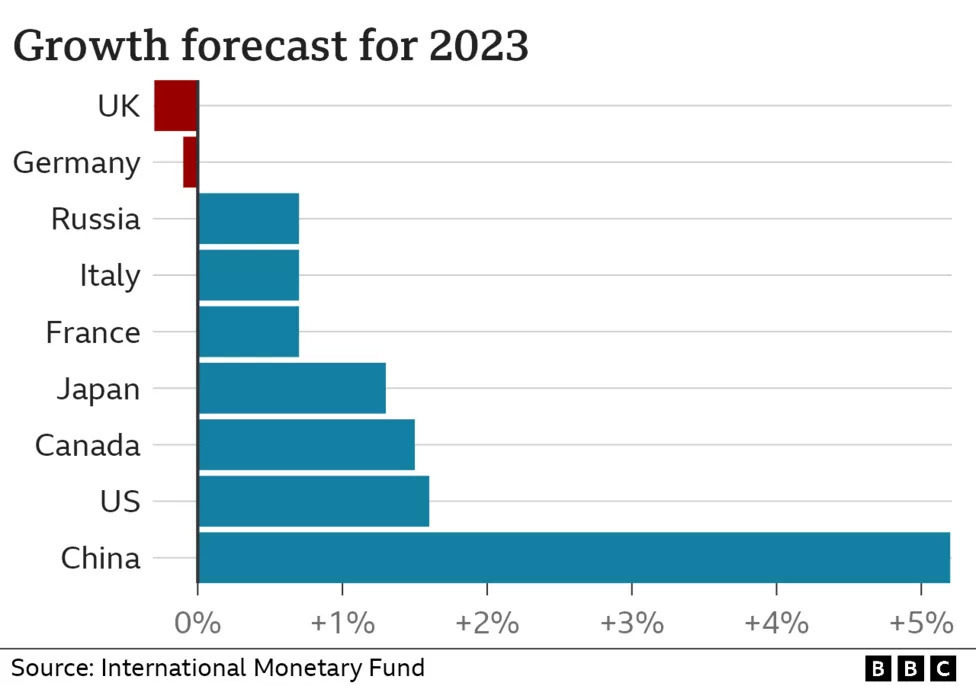- Degrowth: a Call for Radical Abundance (Jason Hickel) — "In other words, the birth of capitalism required the creation of scarcity. The constant creation of scarcity is the engine of the juggernaut."
- Hey, You Left Something Out (Cogito, Ergo Sumana) — "People who want to compliment work should probably learn to give compliments that sound encouraging."
- The Problem is Capitalism (George Monbiot) — "A system based on perpetual growth cannot function without peripheries and externalities. There must always be an extraction zone, from which materials are taken without full payment, and a disposal zone, where costs are dumped in the form of waste and pollution."
- In Stores, Secret Surveillance Tracks Your Every Move (The New York Times) — "For years, Apple and Google have allowed companies to bury surveillance features inside the apps offered in their app stores. And both companies conduct their own beacon surveillance through iOS and Android."
- The Inevitable Same-ification of the Internet
(Matthew Ström) — "Convergence is not the sign of a broken system, or a symptom of a more insidious disease. It is an emergent phenomenon that arises from a few simple rules."
Negative UK growth
Growth isn't everything. However, the fact that the word 'Brexit' does not appear anywhere in this article tells you all you need to know about (a) British politics, and (b) the relationship between the government and the BBC.

The UK is set to be one of the worst performing major economies in the world this year, according to the International Monetary Fund (IMF).
[...]
IMF researchers have previously pointed to Britain's exposure to high gas prices, rising interest rates and a sluggish trade performance as reasons for its weak economic performance.
[...]
Liberal Democrat Treasury spokesperson Sarah Olney said the forecast was "another damning indictment of this Conservative government's record on the economy".
Source: UK to be one of worst performing economies this year, predicts IMF | BBC News
Lifequakes
One way of thinking about the pandemic is as inevitable, and just one of a series of life-changing events that will happen to you during your time on earth.
Whereas some people seem to think that life should be trouble- and pain-free, it's clear by even a cursory glance at history that this an impossible expectation.
This article is a useful one for reframing the pandemic as a change that we're literally all going through together, but which will affect us differently:
Transitions feel like an abnormal disruption to life, but in fact they are a predictable and integral part of it. While each change may be novel, major life transitions happen with clocklike regularity. Life is one long string of them, in fact. The author Bruce Feiler wrote a book called Life Is in the Transitions: Mastering Change at Any Age. After interviewing hundreds of people about their transitions, he found that a major change in life occurs, on average, every 12 to 18 months. Huge ones—what Feiler calls “lifequakes”—happen three to five times in each person’s life. Some lifequakes are voluntary and joyful, such as getting married or having a child. Others are involuntary and unwelcome, such as unemployment or life-threatening illness.
Arthur C. Brooks, The Clocklike Regularity of Major Life Changes (The Atlantic)
To be perfectly symmetrical is to be perfectly dead
So said Igor Stravinsky. I'm a little behind on my writing, and prioritised writing up my experiences in the Lake District over the past couple of days.
Today's update is therefore a list post: